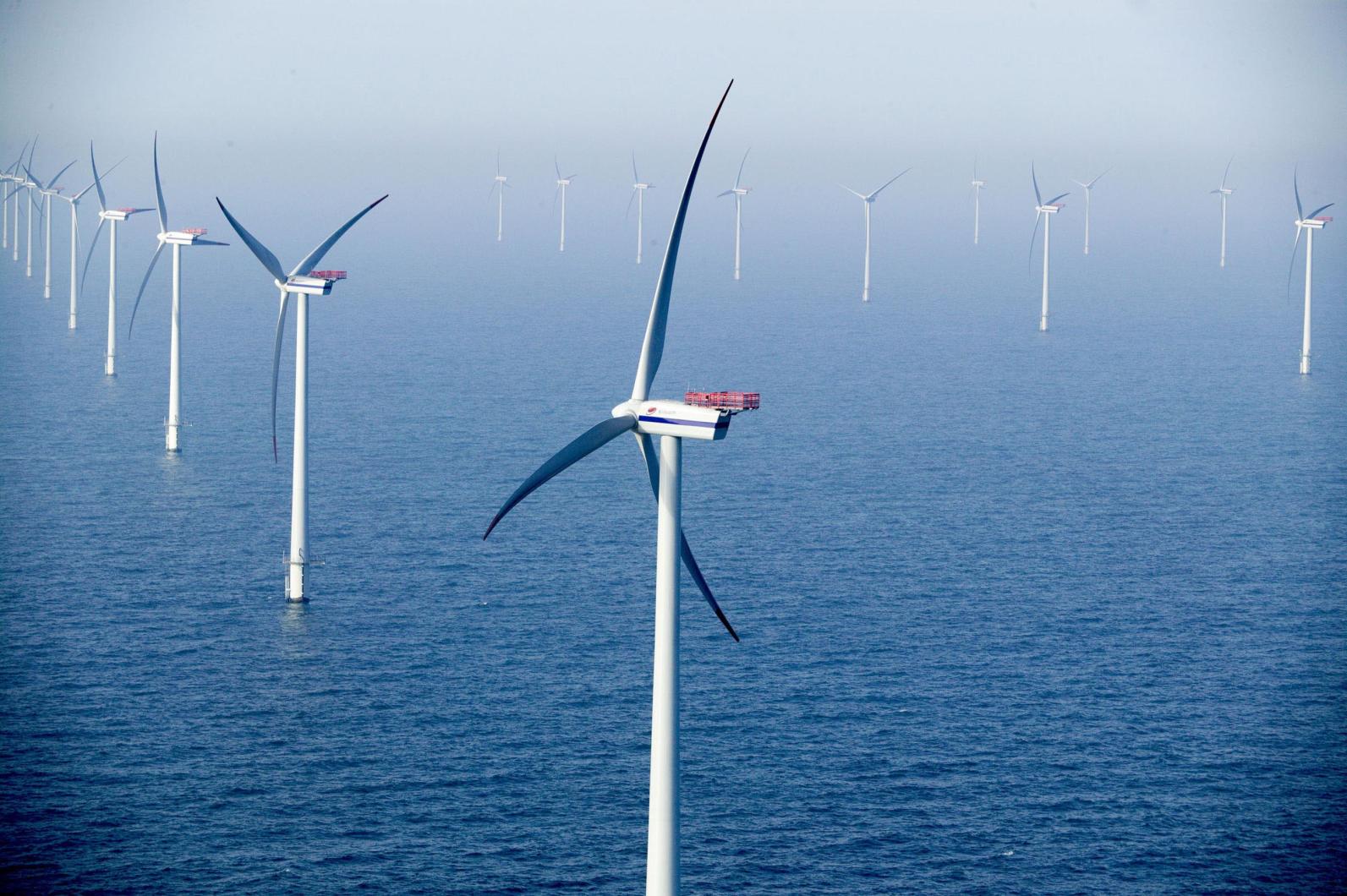A recent Vineyard Gazette article reported a legal challenge by the Cape Cod Commission to the certificate of environmental impact and public interest issued to Cape Wind by the unanimous vote of the Energy Facilities Siting Board (EFSB).
The commission claims their legal challenge has nothing to do with the pros or cons of Cape Wind but is instead about larger legal principles. Yet, if vital legal principles are truly at stake it begs the question of why they did not challenge the EFSB the first time they reversed a commission decision involving a KeySpan case in 2007.
Prominent in the commission’s public statement about its legal challenge is its suggestion that Cape Wind did not act in good faith in working with the commission, that we merely “filed an application.” Nothing could be further from the truth.
Cape Wind first applied to the commission in November of 2001 and commission staff was engaged in the following six years of review. Cape Wind also spent thousands of hours of staff, attorney, and technical consultants’ time specifically working with the Cape Cod Commission and in providing them with voluminous amounts of information about all aspects of our project.
Indeed, the commission was provided with more information about the portions of the project in their jurisdiction — buried electric cables — than any agency in Massachusetts has ever been provided about such a project.
In fact, it was the commission that undermined its own ability to conduct its review within the time required by Massachusetts law by waiting to the last possible day to announce public hearings and in repeatedly trying to revise and expand the scope of its review.
Cape Wind was presented with numerous requests for delay and acting in good faith, Cape Wind voluntarily agreed to a two-week extension beyond the statutory deadline.
At the heart of the difficulty with the commission was a fundamental disagreement over its jurisdiction, which under federal and state laws extends three miles offshore, and thus only includes the buried electric cables.
Notably, the prior Swift and Romney administrations articulated the same view of the commission’s limited jurisdiction. Consistent with a series of judicial decisions on these very same issues, in 2002 and later in 2005, two secretaries of environmental affairs stated in permitting certificates that “. . . Cape Cod Commission review technically applies only to those portions of the project that are located within Massachusetts, including its territorial waters.”
Cape Wind nonetheless voluntarily provided the commission with thousands of pages of materials on the Federal portions of the project outside of its jurisdiction.
Mark Rodgers is communication affairs director for Cape Wind.




Comments (1)
Comments
Comment policy »